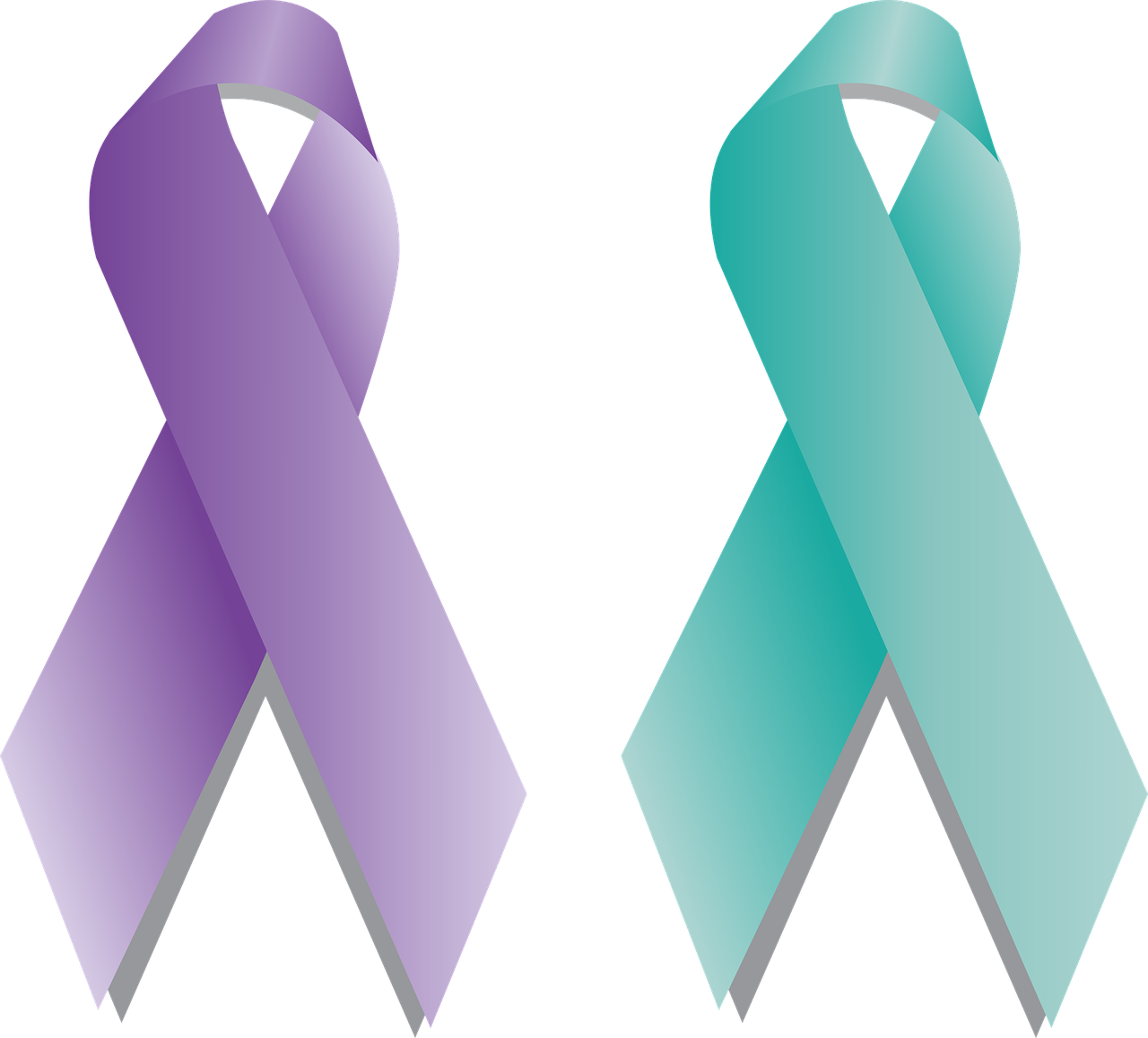Coping with Recent Media Attention to Sexual Assault, and other Title IX Issues Abroad


Please note: While this story was written by a student studying in London and offer London-specific resources at the end, the content is relevant for all students, regardless of program location.
Recently I have noticed a lot of media attention to issues related to sexual harassment. Each time I visit a social media platform, I see another article about celebrities and politicians involved in these forms of violence, or another “Me Too” post from a friend who had the strength to give a small window to their story. While I am glad that the media is paying attention to these cases, which usually have been ignored for years, and while I feel empowered by others who have been brave enough to speak out, it can sometimes threaten one’s mental health, especially if there is no preemptive “trigger warning,”–and on most major platforms there typically isn’t.
At home, this may be stressful enough, but while studying abroad it can often be even more overwhelming because your usual support systems may not be in place. It can be harder to connect with people back home to seek comfort, help friends who might be struggling, and see how people within your communities are responding to these issues. Studying in a big city like London where catcalling is not uncommon on a night out with friends, it has at times seemed like sexual harassment is difficult to escape, whether hearing it from a stranger as you go about your day or reading about it online.

If you find yourself feeling similarly to how I have, here are some tips for when this kind of over-exposure might feel like too much:
Unplug
While it is important to be an informed citizen and keep up with current events, if it is negatively impacting your mental health, it is a good idea to take a break from reading the news or checking social media. If you are anything like myself, you might be tempted to continue reading and think about ways to combat social problems and help others around you who may fall vulnerable to them. Being an active citizen is important, but if the plethora of available media outlets are having a negative impact on your wellbeing, it is best to take a break from looking at them and recover.
It’s nearly impossible to “unplug” from street harassment unless you never go outside, which isn’t really an option. Here in the UK, I personally find that when catcalling occurs it is usually best to ignore the catcaller. Different methods work for different people, but I usually find that they will get confused or discouraged and give up (I assume because British people tend to be more reserved). This article from Business Insider UK contains other helpful tips on keeping yourself and others safe in this situation.
Distract
One temporary solution that might help when you are overwhelmed is by distracting yourself with something that gives you comfort. Watch a funny video. Read a good book. If you would like, take a walk. Eat your favorite UK snack. If you don’t have one yet, go to your nearest grocery store and try new ones out. Any of Cadbury’s chocolate bars, or Walker’s Thai Sweet Chili crisps are some of my favorites! Of course you should not rely on distractions as a coping mechanism if you have been struggling a lot, but it is good for moments where you might be overwhelmed about something you read about in the news, or if your mind is leading you somewhere you don’t want to go. In these moments, recognize your feelings, know they are valid, and find something to relax you before deciding on your next steps.
Find Comfort in Friends
Sometimes talking with friends and/or loved ones can guide you through bad feelings. If you feel this applies to you, it may be helpful to give your friends or family a call or message. There is nothing like meaningful relationships to help you through hard times.
Speak with a Counselor
If you feel as if you would like to speak with a professional, many UK universities offer counseling on campus. There is no need to feel embarrassed about seeing a counselor. Counselors are trained to help you when you are going through tough times, and they are confidential sources–no one needs to know you are even seeing a counselor at all. You can book an appointment at your University’s Health Center or with a private provider. Counseling should be free with your University, and if you want to see a private provider the cost is covered by your CISI insurance. Be sure to contact the IFSA office in London and they will refer you to a counseling center and set up the payment. Some UK Universities that offer free counseling include: King’s College London, Lancaster University, London School of Economics, Queen Mary University of London, Royal Holloway University of London, University of Bristol, University of Cambridge, University College London, University of Leeds, University of Oxford, University of Sussex, and the University of Westminster.
If you are thinking about seeing a counselor…
Write down how you are feeling and why. While it might not be something you personally want to read, if you later want to receive help from your local resources, it would be useful for them to understand what they can do to help you. Especially if you are contemplating speaking to someone or reporting a specific incident, it is helpful to write things down when the feelings are fresh. This can often be difficult and triggering, but it helps provide details to those who may need them to help you. Also, it is sometimes emotionally difficult to express certain thoughts, feelings, or memories so having them written down beforehand can help give your counselor or other professional this information without having to say things you are not ready to say. Of course, you are under no obligation to pass on this note if you are not ready to.
Resources
Also, keep a mental list of who and what your resources are while abroad! Keep an eye out on campus for support groups, clubs, and campus resources that might help you cope during difficult times. Support groups and clubs can be tailored towards specific topics so be sure to look for the one that best suits you if you are interested. At King’s College London, where I am studying, there are many wellness services, including a six week program which allows you to work with a personal trainer to help with your personal goals for both mental and physical health, for free. If that is not your style, there is a plethora of sports clubs from football to Muay Thai, and many academic and non-academic societies as well where there are plenty of people to meet with similar interests to yours. Make sure to check out your University’s student union website! If you have a counselor in the U.S., talk to them about whether they would be able to Skype with you while you’re abroad. Program the IFSA staff phone numbers into your phone and set up a chat with them if you need to talk through things (remember that IFSA staff are required to report Title IX incidents).
If you are in immediate need of help relating to Title IX issues while abroad, you can call 866-USWOMEN (879-6636), to speak with someone from Sexual Assault Support and Help for Americans Abroad (SASHAA). SASHAA also has a live chat on their website. The emergency number for the UK is 999. The IFSA staff also have an emergency pager and someone available 24/7 in case of emergency. Local sexual assault support lines include Victim Support (0808 168 9111), The Survivors Trust (0808 801 0818), and Survivors UK which is specifically for men (online chat, and text 020 3322 1860), as well as others. Be aware of who your Title IX coordinator is at your home university, and other resources that could assist you from home. You can also refer to the U.S. Embassy in London.
Emma H. | Biochemistry and Biology major | Connecticut College | King’s College London | Fall 2017 | IFSA Health and Safety Intern